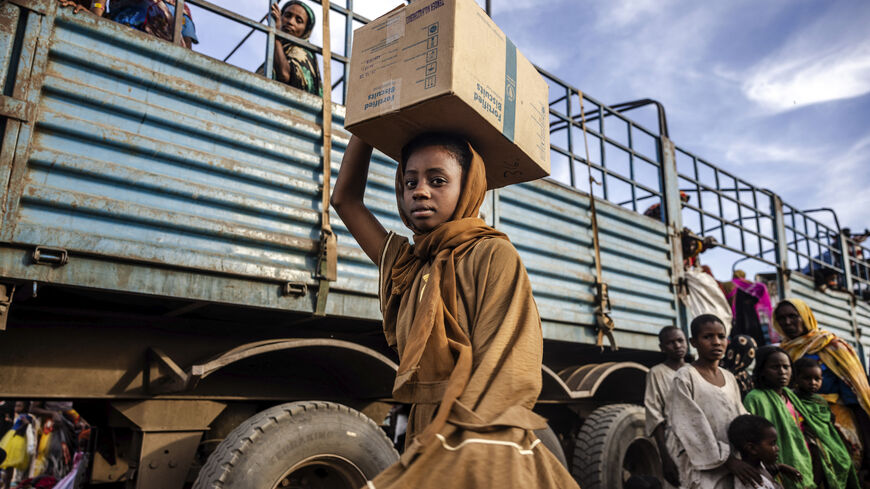Gaza death toll hits 20,000 as UN scrambles to pass humanitarian aid resolution
Diplomats in New York are intensely negotiating to find compromise language on a resolution calling for a Hamas-Israel cease-fire acceptable to the United States.

The death toll in the Gaza Strip surpassed 20,000 on Wednesday after more than 10 weeks of fighting between Israel and Hamas and amid increasing international calls for a pause in the conflict, which has spiraled into a humanitarian crisis.
In a press statement on Wednesday, the Hamas-run government media office in Gaza reported that at least 20,000 Palestinians have been killed, including 8,000 children and 6,200 women, since Israel unleashed an air and ground campaign on Gaza after Hamas’ surprise assault on southern Israel on Oct. 7. More than 52,600 Palestinians have been injured and around 6,700 people are still missing, believed to be under the rubble.
The relentless Israeli bombardment, which has spread in recent weeks to southern Gaza, has not spared hospitals, schools, mosques or churches.
The media office added that 23 hospitals and 53 medical centers across Gaza are out of service, and 310 medical workers have been killed. Some 102 ambulances have been destroyed in direct hits.
More than 80% of Gaza's population — around 1.8 million people — have been internally displaced since the start of hostilities, with the majority of them now crammed into the south, particularly in Rafah on the border with Egypt, which Israel had earlier designated a safe zone.
UN agencies are sounding the alarm about the dire consequences facing Gazan residents as limited aid trickles into the besieged enclave.
“Lack of food, basic survival items, and poor hygiene, exacerbate the already dire living conditions, amplify protection and mental health issues, and increase the spread of disease,” the United Nations Office for the Coordination of Humanitarian Affairs said in a report on Wednesday.
Tedros Adhanom Ghebreyesus, director-general of the World Health Organization, warned of spreading disease and the lack of food, calling for an immediate cease-fire.
“I am deeply concerned about the toxic mix of disease, hunger and lack of hygiene and sanitation that people in #Gaza are facing right now,” he said in a post on the X platform on Wednesday.
The grim situation and deteriorating humanitarian conditions come as the UN Security Council delayed a vote on a resolution demanding a cease-fire in Gaza, for the third time this week.
There are ongoing negotiations among diplomats to avoid a US veto during Thursday's Security Council session. The United States is reportedly hesitant to vote in favor of the UAE-draft resolution that calls for a “cessation of hostilities” and the establishment of a UN mechanism to monitor the aid entering Gaza, instead of Israel.
Washington has vetoed two similar resolutions since Oct. 7.







